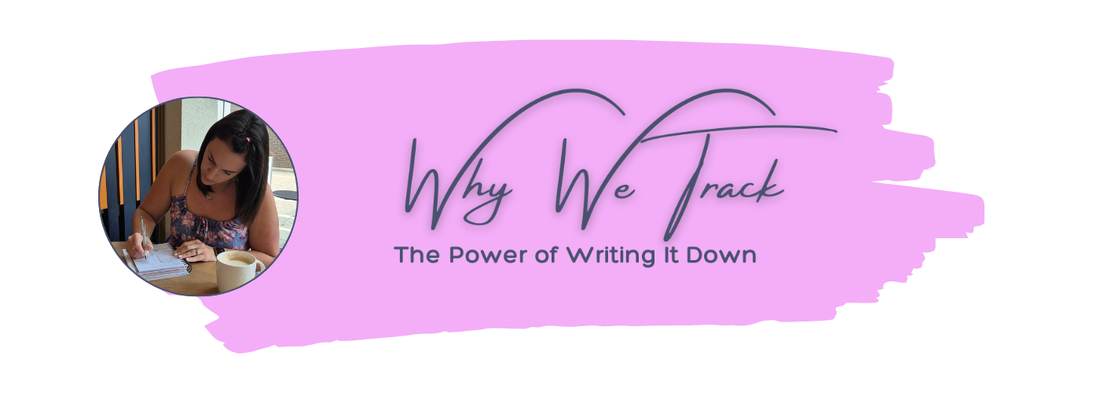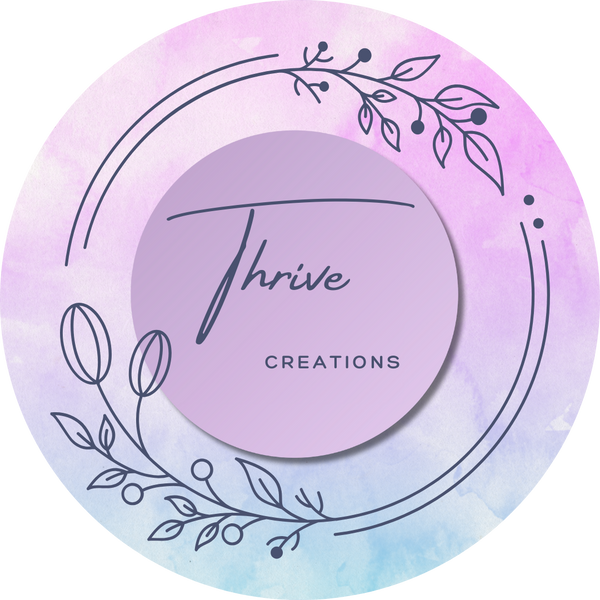
Why We Track: The Power of Writing It Down
adhdI used to assume that nearly all of Devan’s meltdowns were related to food. And to be fair, many of them are - a hungry child is rarely a happy one! But once I started actually writing things down, I realised there was more to it.
Looking back through my notes, I noticed a pattern: meltdowns weren’t just happening when he wanted to eat. They were also more likely to happen later in the day, especially close to bedtime. And weekends, which I thought would be calmer because we weren’t rushing around with school runs, often turned out to be the most emotional - especially after outings or playdates. He wasn’t just hungry; he was overstimulated and exhausted.
That’s the power of tracking. When you’re in the thick of things, it all blurs together. But when you write it down, you can spot connections you’d never have noticed otherwise.
Why Tracking Matters
When you’re parenting a child with additional needs, every day can feel unpredictable. One moment everything’s calm, the next there’s a meltdown that seems to come out of nowhere. It’s easy to feel like you’re constantly firefighting, never really understanding what set things off.
Tracking helps bring some clarity. By writing down what happened before, during, and after a tough moment, you start to see patterns. You begin to notice:
- Certain times of day when emotions run higher
- Activities or environments that consistently lead to overwhelm
- Signs your child gives off before things escalate
- How your own stress levels or reactions play a role
It doesn’t solve every challenge, but it gives you insight. And with insight comes the ability to prepare, to support, and to feel just a little more in control.
What Tracking Looks Like
Tracking doesn’t have to be perfect. It doesn’t have to be neat and colourful. It doesn’t even have to be every day. It’s simply about giving yourself a record you can look back on when things feel overwhelming.
Some parents jot things down in a notebook, others use their phone, and some (like me) prefer a dedicated space that’s structured but flexible. That’s why I created the Don’t Just Survive: Thrive Journal - a place where all those scattered notes and scraps of information could finally live in one organised home.
It’s designed so you can dip in and out as you need, whether you write something daily, or only when something stands out. The goal isn’t perfection. It’s simply to build a picture over time, one that helps you spot patterns, track progress, and remind yourself of the wins as well as the struggles.
The Power of Looking Back
One of the most valuable parts of tracking is being able to look back. In the moment, it can feel like your child has been struggling forever. But when you flip through your notes, you start to see how far they’ve come. You notice that what used to be daily meltdowns are now a few times a week. You realise that strategies you’ve been using are actually working.
It’s also a gift to your future self. Because what feels impossible to remember in six months’ time is written down for you. And when you have meetings with teachers, doctors, or therapists, you’ve got a clear record that shows patterns and progress - not just your frazzled memory.
Progress, Not Perfection
At the end of the day, tracking isn’t about finding the magic answer or "fixing" your child. It’s about learning, alongside them, what helps and what doesn’t. It’s about progress, not perfection.
Every note you make, every pattern you spot, is another step toward understanding your child more deeply. And that understanding is powerful.
